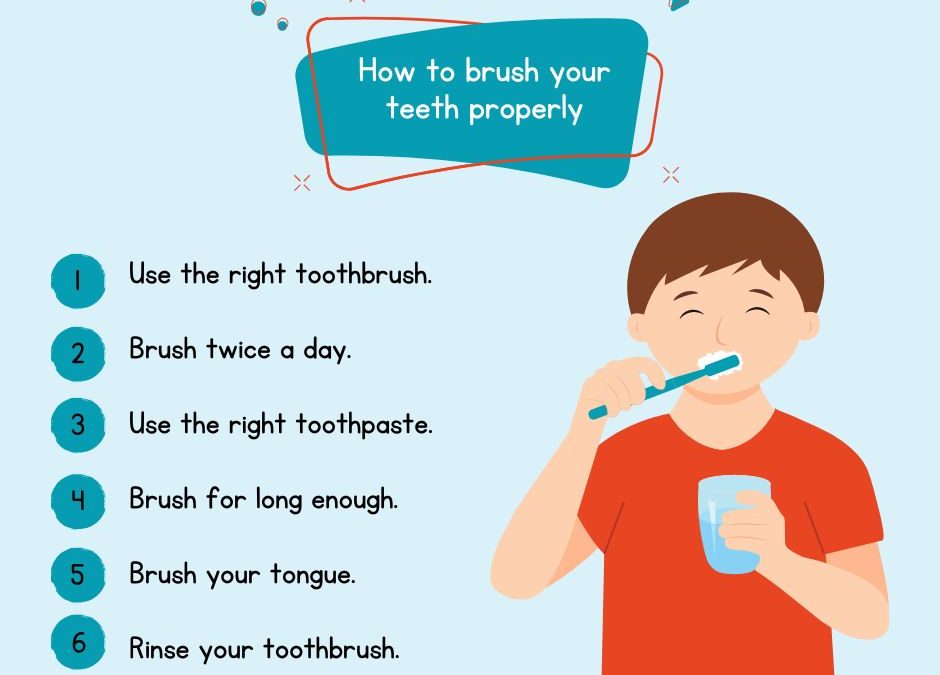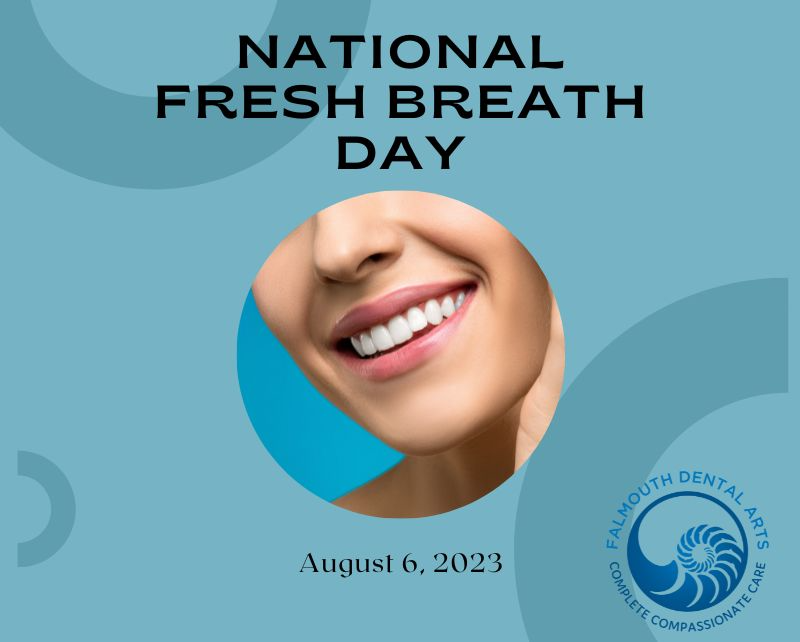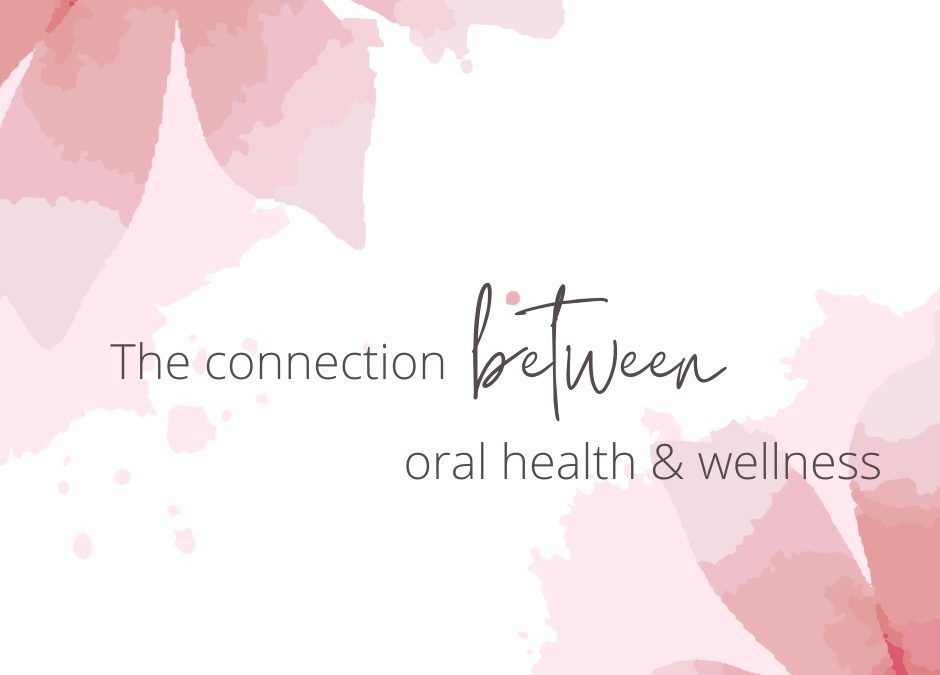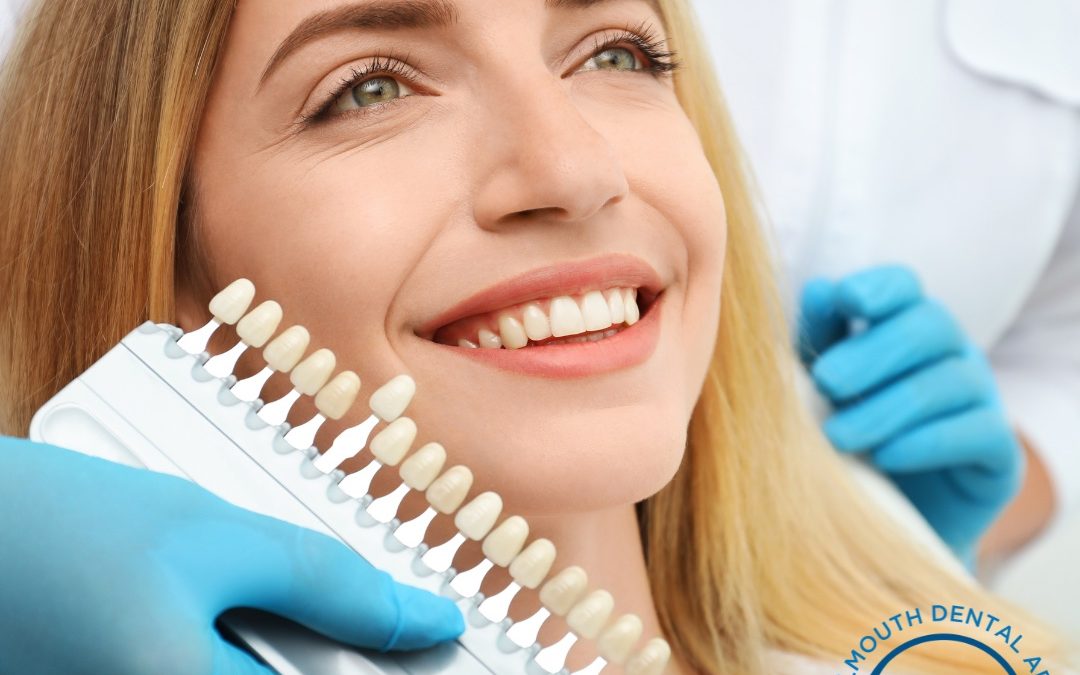
Aug 2, 2023
The keystone to every oral health care routine is brushing your teeth. You brush in the morning and you brush at night, but is there a right way to brush? Ask any of the marvelous hygienists at FDA and they’ll share some of their professional tips for brushing your teeth and call out some mistakes to avoid. If it’s been awhile since you’ve been in for an appointment, we’ve got you covered (but please do come in soon for your check up!). Here are three ways you can boost your brushing!
Use the right kind of brush.
Find a soft-bristled brush with a size and shape that allows you to reach all parts of your mouth easily. We also recommend investing in an electric toothbrush as it truly gives you a superior clean. Remember to replace your toothbrush every three months or when the bristles are frayed.
Use the right technique.
The proper way to brush your teeth is to hold your toothbrush at a 45 degree angle to your gums. Then, gently move your brush over your teeth: make circles and go up and down as you polish all the surfaces of your teeth. Think of it like a massage! You can brush too hard and damage your gums or enamel, so keep your touch light. Don’t forget to brush your tongue (or scrape it) and rinse with water.
Use the right motivation.
There’s a lot going on inside your mouth. Every time you eat or drink, residue is left behind on your teeth and gums. If it’s not brushed or rinsed away, it can turn into a sticky film called plaque. Untreated, plaque hardens into something called calculus that releases bacteria and acids that can turn into cavities and bore into your teeth and cause damage to nerves and bones. Ouch! Poor oral hygiene has also been linked to a whole host of health issues such as cardiovascular disease, diabetes, Alzheimer’s disease, and high blood pressure. Feeling motivated to brush all those potential problems away? Find what helps you pick up that brush two times a day!
Of course brushing is just one part of a proper oral health care routine. Don’t forget to floss daily, eat well, and come in for regular check ups with Dr. Brunacini and Dr. Karagiorgos. If you have any questions, need a brush up on your brushing techniques with our team of hygienists, or need to schedule your next appointment, please give us a call at 207.781.5900. We are your partner in oral health and love to help you have a beautiful and healthy smile!

Aug 1, 2023
Don’t you just love that fresh feeling after you’ve brushed your teeth? August 6th is National Fresh Breath Day and a great time to celebrate the ways that a clean and healthy mouth will give you that fresh breath feeling. However, if you’re experiencing an unpleasant taste in your mouth or worried you have bad breath, you could have an underlying oral health issue. Bad breath, also known as halitosis, can be embarrassing and sometimes cause anxiety. There’s no need to suffer! Below are three causes of bad breath and our recommendations for keeping your breath fresh and your mouth happy this National Fresh Breath Day…and every day!
- Tobacco Products
If you’re still searching for reasons to quit smoking, add bad breath to the list. Beyond the myriad health risks linked to tobacco use, smokers and oral tobacco users are more likely to have gum disease. Gum disease is a leading cause of bad breath, and is linked with other health conditions as well. If you’re looking for resources or help quitting tobacco…please let us know. We are here to help!
- Dry Mouth
Ever wake up with the dreaded “morning breath?” This is often due to dry mouth, which naturally occurs for many people while sleeping. Saliva is so important for your oral health; it helps clean away cavity-causing bacteria as well as odor-causing bacteria. If you have a dry mouth beyond just the morning time, it could be linked with certain medications you are taking or a condition known as xerostomia. Drinking extra water can help flush your mouth of the bad bacteria and keep it fresh. Be sure to also let Dr. Brunacini and Dr. Kargiorgos and your hygienist know about your medications and any health concerns you may have, such as dry mouth. We can work with you so your home oral care routine supports your needs.
- Poor Oral Hygiene
If you’re not brushing and flossing then food, plaque, and bacteria are left to their own devices to wreak havoc on the health of your teeth and gums, AND cause bad breath. Develop a home care routine of brushing twice a day and flossing once a day to take care of your whole mouth and prevent that stinky breath. If bad breath is a concern throughout the day, try brushing after every meal and consider tongue scraping as well. This will help remove extra food particles and bacteria and will help you feel extra fresh! Our team of amazing hygienists are always happy to share tips and techniques for brushing and flossing, so please ask how we can help you stick with an oral hygiene routine that works for you!
This National Fresh Breath Day, give your teeth and gums some extra love so your mouth feels extra healthy and fresh! If you still have concerns about persistent bad breath, talk to us and your doctor. Bad breath can also be linked to other health concerns. Please call us at 207.781.5900 with any questions, concerns, or to schedule your next appointment.

Jul 2, 2023
At FDA, we don’t just see your smile, we see you as a whole person. That’s because when it comes to improving your overall health, oral care is the gateway. Studies show that problems with your teeth and gums are linked with other health concerns like cardiovascular disease and diabetes. This means that brushing and flossing daily is a practice that will benefit you beyond just keeping your teeth clean and healthy…it benefits your whole body! Your dentist – Dr. Brunacini and Dr. Karagiorgos – can be a part of your health care team and help you set up an oral health plan that takes your whole body’s well-being into account. Here is a deeper look at some of the ways your oral health and general health are connected.
Cardiovascular Disease
This term refers to a group of disorders related to your heart and your blood vessels. According to the Cleveland Clinic, having poor oral health is associated with forms of cardiovascular disease like:
- Coronary artery disease: This is the most common type of heart disease and can lead to heart attack. It’s the leading cause of death in the United States.
- Clogged arteries: Studies show that people with periodontal disease have significantly higher rates of atherosclerosis, or plaque build up inside the blood vessels that deliver blood and oxygen from your heart to your body.
- Stroke: Studies show a correlation between periodontal disease and strokes, specifically strokes related to atherosclerosis.
Diabetes
Diabetes increases your risk of dental diseases. One place you may experience symptoms is in your mouth. Some of the most common oral symptoms include:
- Dry mouth: People with diabetes often have less saliva in their mouth so you may find yourself being parched.
- Gum disease: If you notice bleeding when you brush or floss, you may have gum disease. Research shows keeping your blood sugar under control can help improve gum disease.
- Problems with taste: You may begin to notice that food tastes differently from the way you remember, particularly sweet foods. If you have a persistent bad taste in your mouth, please come see us.
- Periodontal disease: Nearly 22% of all diabetics develop this dental disease. It is a chronic, inflammatory condition that can destroy your gums and bone, and can also lead to increased blood sugar levels. Early signs include bad breath, swollen gums, and painful chewing.
Your health is important to us and we are committed to giving you the best care possible. As part of your care, the FDA team of caring and compassionate professionals will ask about your health history, medications, as well as your needs and questions as we put together a treatment plan for you. Our goal is to build a partnership with you as we make sure your mouth is healthy and supporting your overall health needs. If you have questions or concerns about your oral health, or need to schedule your next appointment, please give us a call at 207.781.5900.

Jul 1, 2023
Summer is here! Time to go to the beach and barbecue and take a vacation! When you pack your bags for your summer getaway, don’t forget your oral health care. Here are a few oral health tips for your summer travel from your friends at FDA!
A Traveling Toothbrush
If you’re flying somewhere this summer, pack your toothbrush and floss in your carry-on bag so you have it on hand even if your luggage doesn’t make it to your final destination right away. That way, you also have the option to brush your teeth on the airplane or during layovers to freshen up. We recommend packing your toothbrush in a plastic bag so you can keep it separate from other items. Just remember to let your toothbrush air dry when you get to your vacation spot.
If you find yourself temporarily without a toothbrush, a vigorous swish with water can help clear some of the cavity-causing bacteria, or put some toothpaste on your clean finger for a quick cleaning. Then, when you are able, pop over to a store and look for the softest toothbrush you can find. If you can find a toothbrush that is ADA approved, even better! Now, how do you say toothbrush in Spanish?
Pack Some ADA-Approved Gum
Don’t worry – sugarless gum won’t take up much room in your suitcase! Research shows that chewing sugarless gum after a meal can help prevent cavities by stimulating saliva, which helps wash away cavity-causing bacteria. Look for gum that has the ADA seal of approval. Not only will it support your oral health and freshen your breath, if you’re flying, sugarless gum may also come in handy for releasing ear pressure on the airplane. Win-win!
Brush with Bottled Water
If you are camping or traveling somewhere where the water supply is not safe for drinking, use bottled water for brushing your teeth and rinsing your toothbrush. This will help prevent any unwanted illness while you’re sight-seeing!
In Case of Dental Emergencies
You can always contact our office if you have a dental emergency while traveling. Dr. Brunacini and Dr. Karagiorgos can help assess if it is a situation that requires immediate attention or can wait until you get back home. Of course, the best way to limit tooth-aches while traveling is to practice preventative care with a solid oral health routine of brushing twice a day and flossing once a day!
If you are planning a trip for later in the summer and have concerns about your oral health or are experiencing any kind of tooth pain, come and see us before you hop on an airplane. That way we can make sure any issues don’t become larger problems while you’re trying to relax and have fun.
When you get home from your travels, you may realize you let go of some of your oral hygiene routine. Don’t stress about it too much, but focus on getting back to your normal routine of brushing, flossing, and coming in for regular check ups with the FDA team. Summer is also a great time to get your kids in for their appointments! Give our office a call if you need to schedule an appointment – 207.781.5900.

Jun 2, 2023
At FDA, we love helping our patients smile! However, if you’re self-conscious about showing your teeth, it impacts your confidence. You smile less, you laugh less, you may even talk less, all just to avoid letting others see your teeth. What if you could have the smile of your dreams? Many dental issues can be corrected through cosmetic dentistry. If your teeth are broken, chipped, crooked, stained or otherwise discolored, a simple consultation with Dr. Brunacini or Dr. Karagiorgos can set you on the path toward a better smile! In the majority of cases, just two visits to our office can help you achieve the smile of your dreams. Here is a brief overview of your cosmetic dentistry options:
Dental Bonding
Dental bonding is an affordable and painless procedure that can address many different cosmetic flaws or injuries, such as chips and discoloration, by smoothing out and repairing damaged teeth. At FDA, we use dental bonding to sculpt individual teeth with a special tooth-like material that looks, acts, and feels like the real thing. Bonding can also be completed very quickly; the composite resin adheres to your teeth and can then be polished and shaped to match your other teeth in one or two visits. Talk with Dr. Brunacini or Dr. Karagiorgos about how dental bonding can help you achieve your ideal smile.
Teeth Whitening
Teeth whitening is one of the most well known cosmetic treatments and a safe way to achieve the bright smile you’ve always wanted. We offer both in-office whitening and at-home options. Whitening previously restored teeth, especially in the front part of the mouth, can make the fillings more noticeable since the enamel will whiten while the fillings resist the bleach. Bleaching can also be uncomfortable if you have sensitive teeth, so reviewing your options with Dr. Brunacini and Dr. Karagiorgos will help you determine if bleaching is the best option for you.
Dental Implants
Dental implants provide a great long-term option for replacing lost teeth in a safe and predictable way, as they are designed to last a lifetime. Many people believe that if they can still eat, tooth loss isn’t an issue; however, missing teeth lead to a loss of support in the mouth and forcing other healthy teeth to drift. At FDA, we aim to make every process as comfortable and safe as possible, and we will help you to determine whether implants are the right choice for you.
Porcelain Restoration
There are many advantages to replacing your old metal crowns and bridges with porcelain. Porcelain restoration provides you with the translucency and shine of your natural teeth; the texture of the polished porcelain is very similar to that of enamel. When we fit a porcelain crown, we sculpt and shape the porcelain to fit perfectly with your existing bite, and the porcelain is hard enough to resist wear while soft enough to avoid damaging your natural teeth. Whether your reason is cosmetic, physical, or a bit of both, Dr. Brunacini and Dr. Karagiorgos are here to discuss your dental health goals with you and find the right fit.
So, if you feel the condition of your teeth has become a hindrance to your daily life or harmful to your overall health, it is time to make a change! Give us a call at 207.781.5900 and learn just how quickly your dream smile can become a reality!





